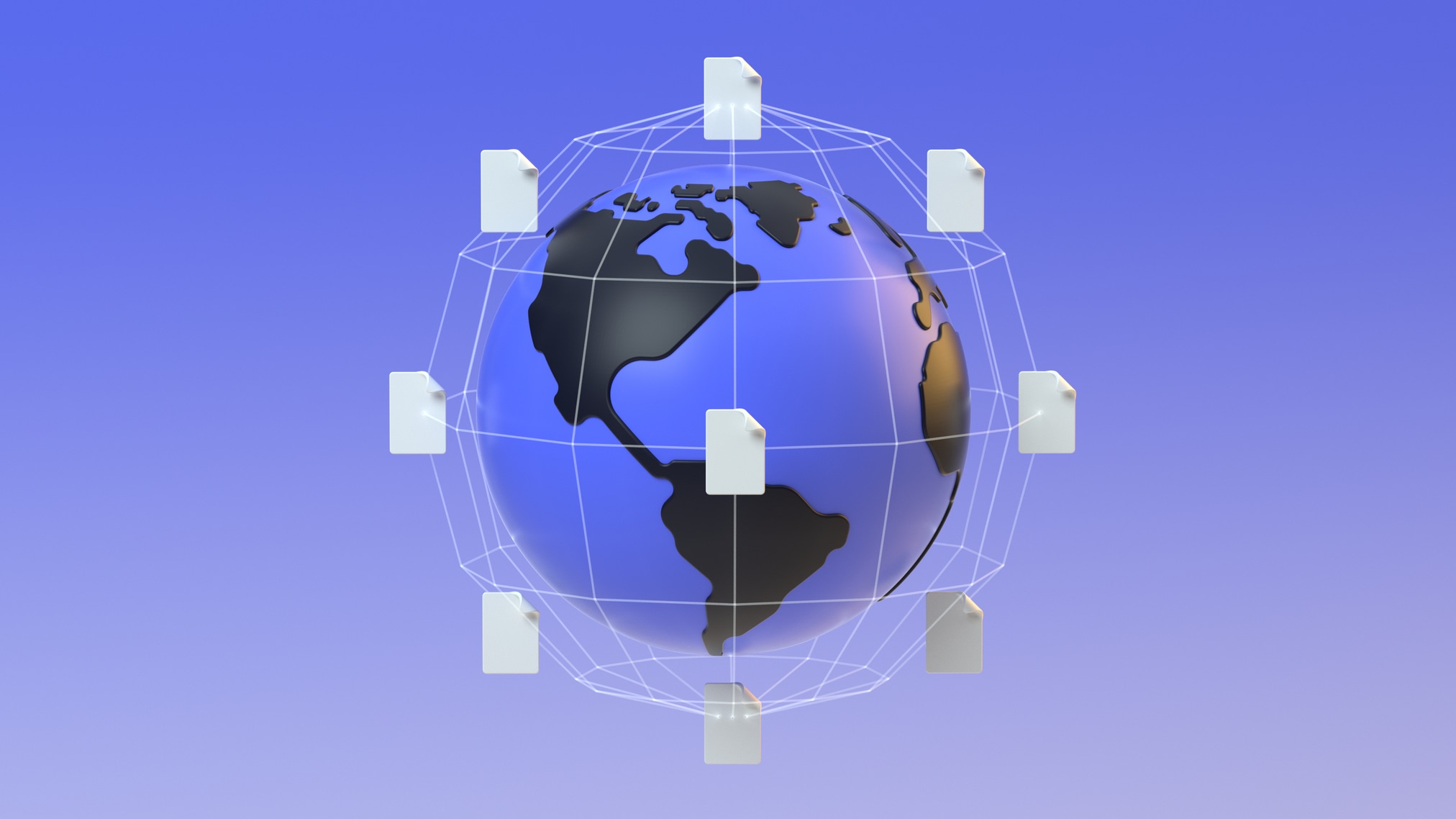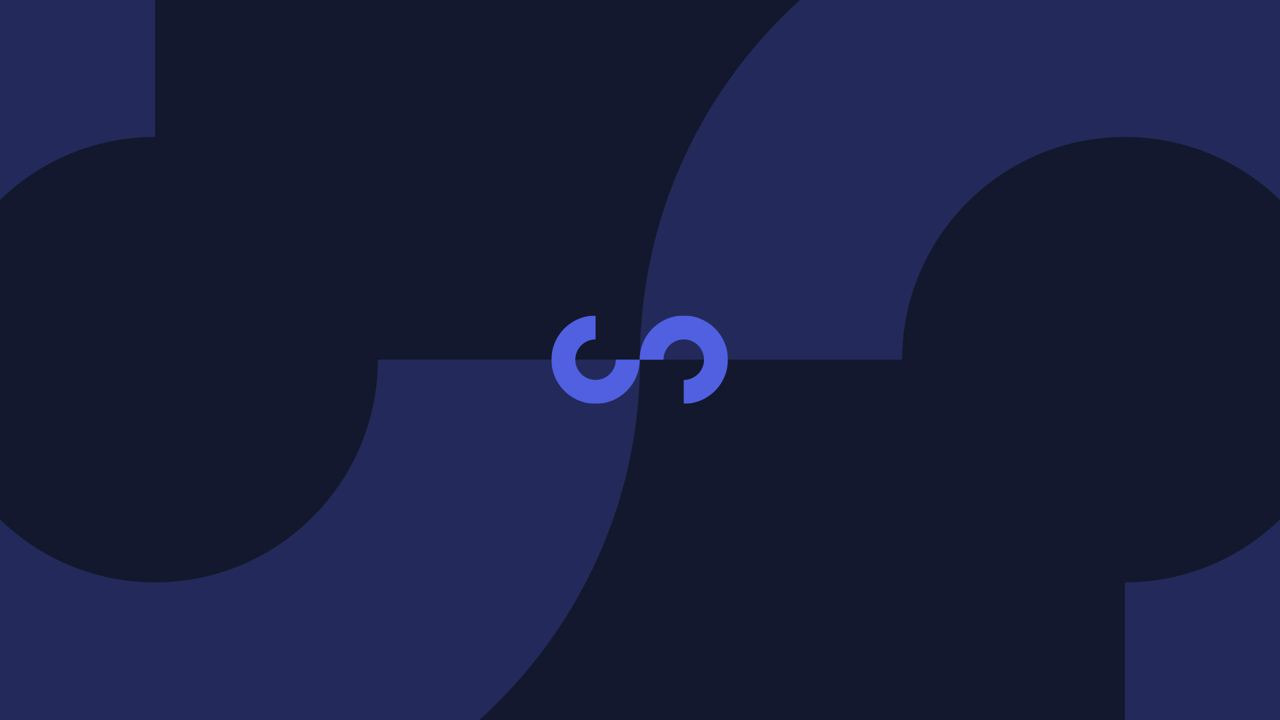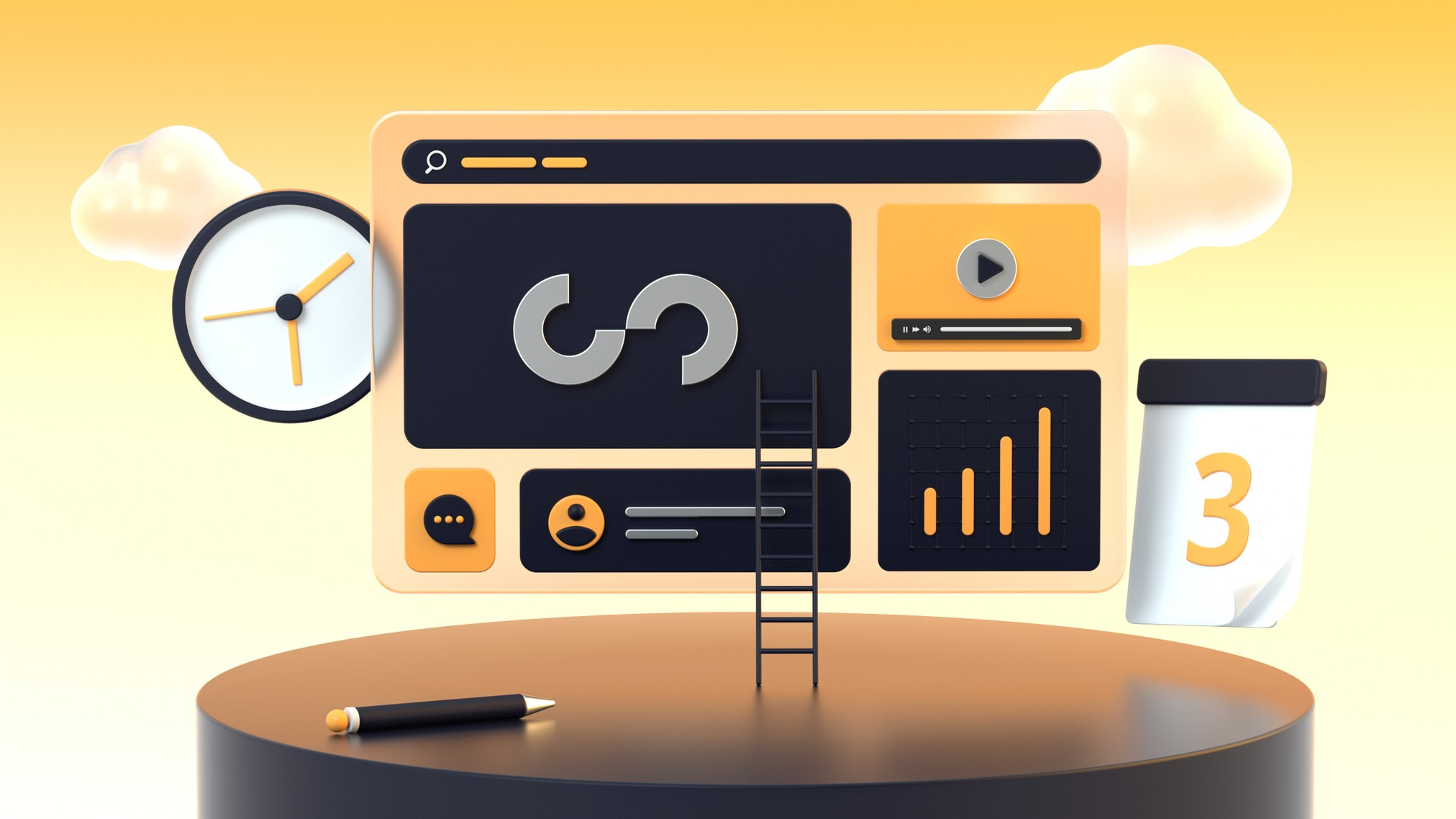The challenges of Data Security
In today's digital landscape, data security is a critical concern for individuals and organizations alike, and artists and agencies are no exception. They need to take necessary security measures to protect the sensitive information they handle from cyber threats. With cyberattacks on the rise and cyber criminals employing increasingly sophisticated methods, protecting data has become more challenging than ever.
That’s why we have come up with this guide that explains why data security is essential for artists and agencies. We’ll also share some important tips you can use to safeguard your data.
Importance of Data Security
According to recent statistics, a cyberattack takes place once every 39 seconds, and about 800,000 people fall victim to attacks every year. These are alarming numbers that explain why data security is important.
We’ve also compiled a list of some important factors that will help you further understand the importance of data security.
Protecting Sensitive Information
Artists and agencies handle a large amount of sensitive information, such as contracts, financial records, client details, and intellectual property. This information can be valuable to cybercriminals, as they can use it for various malicious purposes such as identity theft, fraud, and unauthorized access.
Therefore, it's essential to protect this information to avoid potential damage to your reputation and legal consequences.
Avoiding Financial Losses
A data breach can result in significant financial losses for agencies, as they may have to bear the cost of forensic investigations, remediation, and legal fees. Additionally, it can lead to loss of business, contracts, and clients as well. The loss of revenue can be devastating for your business, especially if it’s small or you’re just starting out. You can prevent these losses by securing your data.
Maintaining Client Trust
Clients trust artists with their sensitive information and expect them to keep it safe. A data breach can break that trust and lead to the loss of clients, contracts, and revenue.
To avoid these losses, you need to ensure that your client data is protected by implementing robust security measures, such as encryption, access controls, and regular security audits.
Complying with Regulations
Agencies may be subject to various data protection regulations, such as the EU GDPR (General Data Protection Regulation) and the CCPA (California Consumer Privacy Act).
Non-compliance with these regulations can result in significant fines and legal consequences. Luckily, taking appropriate data security measures can help you comply with these regulations.
Tips For Artists and Agencies to Ensure Data Security
If you’re an artist or running an agency of artists, consider using the tips listed below to protect your sensitive data and maintain the trust of your clients.
Use a Secure Artist Management System
One of the best ways for musicians and agencies to ensure data security is to use a secure artist management system. These systems are specially designed to securely manage sensitive data such as personal information, content files, contracts, and financial data in a single place.
One such system that you can use is Stagent. It’s specifically designed for both artists and agencies and provides a simple and efficient way to handle bookings and other important tasks.
What makes Stagent particularly secure is that it uses DigitalOcean for its servers and storage of data. DigitalOcean is a well-known and respected cloud infrastructure provider that takes security very seriously.
All of its storage devices used in data centers are encrypted based on modern industry standards. The company also uses logical access management tools like FileVault for MacOS and BitLocker for Windows to ensure that only authorized users can access your data.
Additionally, all servers that the platform offers are housed in secure data centers with biometric, proximity card, and/or PIN (Personal Identification Number) reader systems to restrict access to only those individuals who have been granted access.
Last but not least, DigitalOcean also complies with GDPR and CCPA to make sure that you won’t need to face any legal issues.
Overall, Stagent is a single-stop solution for solo musicians and agencies who want to store their content files and sensitive information of their clients securely. By using DigitalOcean for its servers and storage of data, Stagent offers its users peace of mind that their sensitive information is being protected by a company that considers security its top priority.
Follow the Best password Management Techniques
Proper password management is an essential aspect of data security, and, as a musician, you must take it seriously. A strong password acts as the first line of defense against cybercriminals who try to gain unauthorized access to your sensitive data, such as personal and financial information.
Here are some tips for creating strong passwords:
- Create passwords that are at least 12-16 characters long. The longer the password, the harder it is to crack.
- Use a mix of uppercase and lowercase letters, numbers, and symbols.
- Reusing the same password across multiple accounts is a common mistake and can lead to a domino effect if one account is compromised. Therefore, use unique passwords for each account.
- Don't use common words or phrases that can be found in a dictionary. Hackers often use dictionary-based attacks to crack passwords.
- Don't use personal information such as your name, birth date, or address as part of your password. This information is often easy for hackers to find.
Other than creating strong passwords, it’s also important to change them every three to six months. It’ll make it more difficult for hackers to gain access to accounts and sensitive information. If you’re running an agency, encourage all your artists to follow the same practice.
Take Backups Regularly
Taking regular backups of your sensitive data is an essential aspect of data security. It ensures that important data can be recovered in case of data loss due to unforeseen circumstances such as system crashes, hardware failures, or cyberattacks. The frequency of backups depends on the volume and importance of data. For critical data, you should consider taking backups more frequently, such as daily or weekly. For less important data, backups can be taken less frequently, such as monthly. It is crucial to store backups in a safe and secure location, preferably off-site. Cloud-based backup services are a popular option as they offer reliable and secure storage. In addition, you can also access them from anywhere in the world with an internet connection.
Use Security Solution
Using a security solution, such as antivirus and antimalware software, can also help you protect your sensitive data. These tools scan your devices in real-time and remove malicious software or files instantly if found.
A VPN is another useful security solution that you can use for data protection. It encrypts your internet connection and makes it difficult for hackers to intercept and steal your data. It also hides your IP address and online activities not only from malicious online actors but also from the internet service provider to keep everything private.
When choosing security solutions, it's important to do research and select reliable and trustworthy software. Additionally, every security software tool should be regularly updated to ensure maximum protection.
Conduct Regular Security Audits
Conducting security audits is especially important for agencies. It’s a process of reviewing the existing security posture of an organization that it uses to protect its information assets. It helps you identify potential security risks, vulnerabilities, and areas for improvement to ensure that your security measures are effective and up to date.
Here are some reasons why conducting a security audit regularly is important:
- Identify Vulnerabilities: Security audits can help you identify vulnerabilities in the security infrastructure of your agency that cybercriminals can exploit. It’ll help you take steps to mitigate the risk of a data breach.
- Maintain Compliance: Regular security audits can help ensure that your agency is compliant with the necessary regulations and avoid potential fines or legal action.
- Protect Reputation: A data breach can damage your agency’s reputation, resulting in a loss of clients and revenue. Regular security audits can help mitigate the risk of a data breach to protect your reputation.
- Improve Security Posture: Security audits can help you improve your security posture by identifying areas for improvement and implementing changes to strengthen security measures.
Have an Incident Response Plan in Place
An IRP (Incident Response Plan) is a crucial component of any data security strategy. It’s a documented set of procedures to detect, respond to, and recover from a security incident.
If you’re running an agency of artists, you should have this plan in place to minimize the impact of a cyberattack and ensure business continuity.
Here are some key points to consider while creating an incident response plan (in order):
- Identify the Plan’s Scope: Determine what types of incidents your plan will cover, such as data breaches, cyber-attacks, or system failures.
- Define Your Response Team: Define the members of your response team and their roles and responsibilities. The team should include members from IT, security, legal, and executive management.
- Develop a Communication Plan: Develop a plan that outlines how you will communicate the incident to all relevant parties, such as clients, artists, or stakeholders.
- Test the Plan: Test your incident response plan to ensure it works as intended. Regular testing can help you identify gaps in your plan and make necessary adjustments.
- Document Everything: Document all actions taken during the incident response process, including how the incident was detected, how it was contained, and how it was remediated.
- Improve: Use the data you documented to improve your plan.
Final Words
Data security is critical for artists and agencies due to the sensitive and valuable information they need to handle. From client information to financial records and creative works, the consequences of a data breach can be catastrophic, including loss of revenue, legal liability, and damage to reputation.
Therefore, implementing robust data security measures is essential to safeguarding your sensitive data. It’ll help you protect your assets, ensure business continuity, and maintain the trust of your clients and partners.



